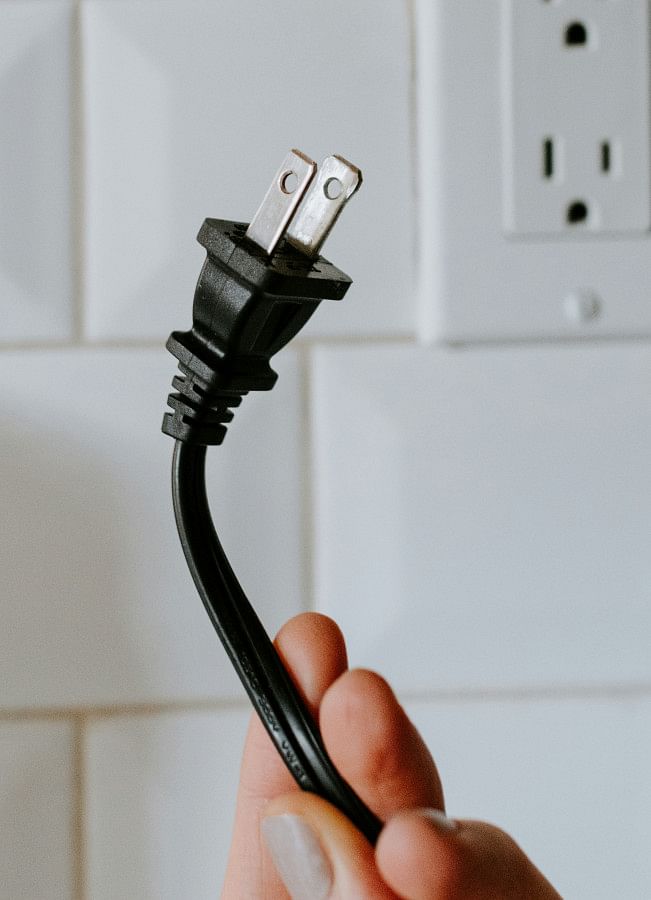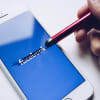Reconnect with life: The importance of digital detox

Our lives have become intertwined with the digital world in such a way that it is almost impossible to go without them. However, this overreliance comes at a cost. It is becoming increasingly difficult to form real-world relationships and connections. Sure, we are forming hundreds of connections online, but are they really genuine? The answer is no.
You only present a curated "online" version of yourself to people who are doing the same thing. This isn't necessarily a bad thing, but unbeknownst to us, our quest to build lives online is creating a lot of voids in our actual lives and if we are not careful, these voids will eventually become impossible to fill. So, as crucial as our devices are for us to get by, it is equally crucial to spend time away from them and focus on ourselves and people around us.
The importance of unplugging
To learn how we can unplug, it is crucial to know why we should unplug. As mentioned, our lives online can be drastically different to how we actually are. Sure, our so-called online persona will contain elements of our actual personality, but it is undoubtedly filtered and curated. We are not the only ones doing this; the people we meet online are also presenting diluted versions of themselves to us. Therefore, whatever connections we make online may not be straight up bad, but just not the most genuine.
The problem here is that we spend the majority of our time online and if we are not careful, our online personality may completely take over and we might end up losing sight of who we actually are and the connections we make online will also slowly begin to take precedence over real-life connections we have spent years building. On top of that, our attachment to our screens and digital lives also has implications to our mental health, including stress, anxiety, and shorter attention span.

Unplugging helps us to reclaim some of the time and attention we are dedicating to our devices. It allows us to be more present and take in the world around us. Be it by spending time with loved ones, being immersed in our hobbies, partaking in outdoor activities or simply just basking in the sunlight, unplugging will allow us to rediscover the simple joys that life has to offer, which have taken a back seat over the years due to our affinity towards digital distractions.
Ways to implement unplugging to your routines
Now there are plenty of ways you can embark on your journey to a more device-free life. Sure, this is not as easy as it sounds, but a few baby steps can take you a long way. You can start out small and then over time, double down on these practices:
- Taking breaks from social media: A sabbatical from social media is the best starting point of unplugging and can be a very strong foundation to build on. You can schedule some downtime from every single platform you are on by removing them from your phone completely.
- Assigning designated hours for your devices: You can start by allocating a designated portion of your day to your devices. Obviously, you need them during work but perhaps, you can refrain yourself from using them during off hours, preferably during meals, before bedtime and especially during social gatherings.
- Practicing mindfulness: You can implement mindful activities such as breathing exercises and meditation to your daily routine. These will help you be more present in the moment and observe your surroundings without getting distracted.
- Planning unplugged activities: Immerse yourself in more activities that do not require any interactions with your devices. Sports and other outdoor activities are a great start. Board games and puzzles for those who prefer to stay in. Attending live events with friends and not bringing your cell phones out can also be another option.
The wonders of unplugging
As easy as digital communication is, it cannot fully replicate the nuances and authenticity of face-to-face interactions. Unplugging will definitely help you build more genuine relationships which are filled with meaningful conversations and real memories. Ditching your devices will create the space for these interactions to grow and flourish.
Additionally, you will also begin noticing improvements in your general wellbeing. Spending more time away from screens will improve your sleep patterns and prevent feelings of fatigue or burnout from building up. By restricting the time we spend on our devices, we will be able to create a routine that promotes better mental and physical health. Taking a breather from our tech-centric life will also allow us to recharge our own battery and enable us to focus on activities that can cultivate a sense of fulfilment in the real world. There was a time where we used our devices to escape the stress but now the tables have somewhat turned. Practicing the art of unplugging will help us restore the balance to a certain extent.

 For all latest news, follow The Daily Star's Google News channel.
For all latest news, follow The Daily Star's Google News channel. 








Comments